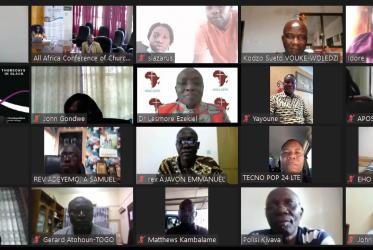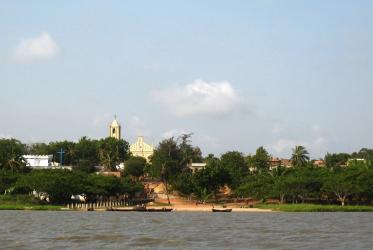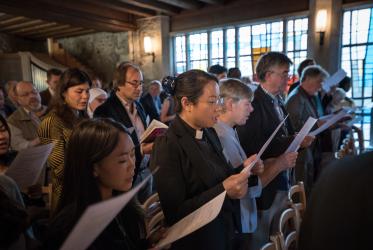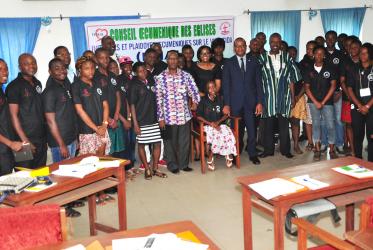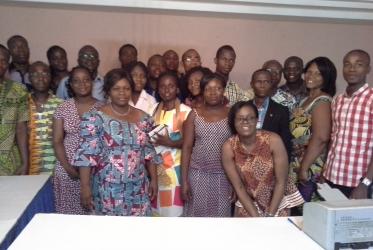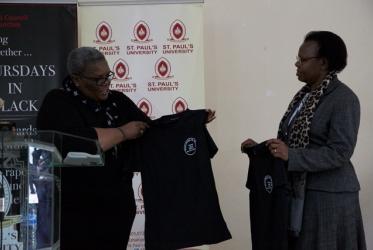Displaying 1 - 18 of 18
Young Africans are eager to grapple with challenges
09 January 2020
Young people in Togo: “Hear our voice! We want to tell our stories!”
07 November 2019
Knowledge of gender roles deepens in Togo
03 June 2019
Churches in Togo call for peace, unity
14 September 2017
Youth engagement fundamental to HIV response
18 April 2017
Dealing as a church with HIV
13 October 2014
Christian values inspire compassion in addressing HIV
20 September 2013

